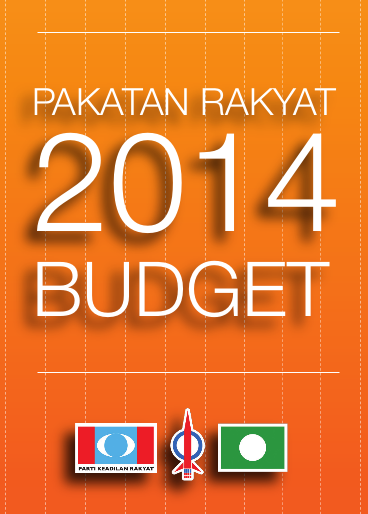Call for review of judicial caning
The Malaysia government is urged to halt the judicial caning of foreign migrants for immigration offences and review the extensive use of caning in general which is viewed as a cruel and inhumane form of punishment that is prohibited under international conventions against torture, which Malaysia has yet to ratify.
In my speech while debating the Motion of Thank to the Royal Address in Parliament, I urged the Government to consider at the least ending the use of caning on illegal migrants on humanitarian grounds.
This particular form of humiliation singles out for punishment the migrants who are victims of a lopsided economic structure and not the real villains, the human traffickers.
Since the 2002 imposition of caning for immigration offences, caning illegals has not achieved its deterrent objective to prevent them from coming to our shores. Between 2010 and June 2013, 13,851 foreigners were caned for violating Immigration Act 1959/63.
I asked the Home Minister Datuk Seri Ahmad Zahid Hamidi to state the number of persons caned according to their nationality and the offences committed.
According to the parliamentary answer that I received on 1st July 2013, statistics from the Prisons Department of Malaysia show that for the period from 2010 to 10 June 2013, a total of 42,634 offenders were caned. Of this figure, 26,214 or 61.5% were Malaysian prisoners who have committed offences such as rape, robbery, drug trafficking, possession of firearms, assault, and criminal breach of trust.
16,420 or 38.5% of the caned prisoners were foreigners who committed various offences. 706 under Penal Code offences, 610 under the Dangerous Drugs Act, 1253 under the Drug Dependants (Treatment and Rehabilitation) Act 1983 and 13,851 under the Immigration Act 1959/63.
These foreigners came from Philippines, Indonesia, Nepal, Nigeria, Pakistan, Sri Lanka, Cambodia, India, Myanmar, Thailand and Bangladesh.
